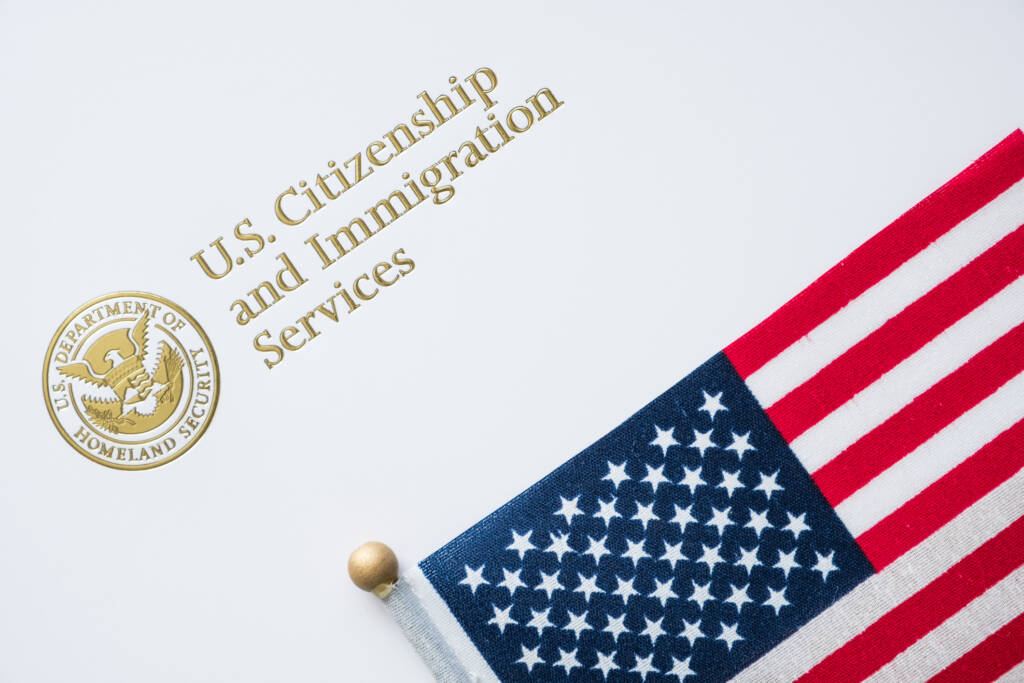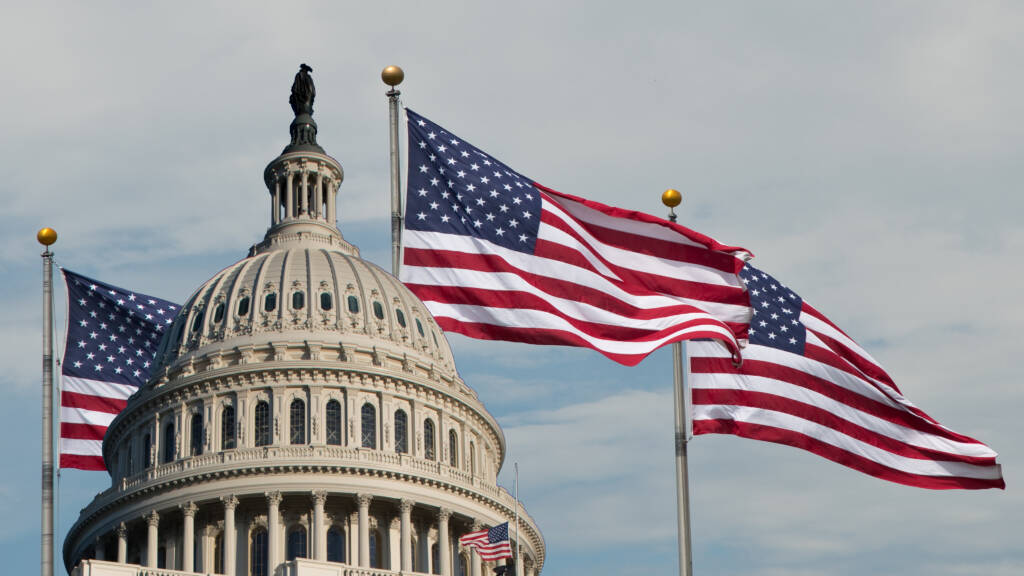
Adult Education U.S. Government

Responsible citizenship, including civil and political participation, is essential to maintain a government that truly represents “We the People.” In this course, students examine the principles that inspired the Constitution and other founding documents of the United States. Students will study how these principles form the foundation of the U.S. federal government and distinguish it from those of other nations. They then examine the structures and functions of government to see how those principles are put into practice each day. This includes how the levels of government interact with one another. Finally, students extend these concepts to the role of the individual within U.S. civil society. They explore protections and limitations on individual rights protected through the Bill of Rights and acts of government over time. Students examine how, as individuals and as part of groups, citizens can influence public policy and help ensure the vitality of the constitutional republic.
Cost: Students purchase 28 days of access for $105. Students may work as quickly through the content as they wish. Every 28 days, students may purchase an additional 28 days of access for an additional $105.
Major Topics and Concepts
Segment 1:
- Origins of Modern Government and Types of Government
- Enlightenment Influences
- Declaration of Independence
- Articles of Confederation
- The Constitution
- Branches of Government, Checks and Balances and Federalism
- Judicial Branch, the Court System, and the Supreme Court
- The Amendments and the Bill of Rights
- Jury Duty
- Civil Rights, Civil Liberties and the Patriot Act
- The Legislative Branch, Powers of Congress and Congressional Elections
- Role of Political Parties and Interest Groups
- How a Bill Becomes a Law
- The Executive Branch, Presidential Elections and the Cabinet
- The Media and Politics
- Foreign, Domestic and Economic Policy
- Modern Day Presidents and Presidential Impeachment
- State Governments and State Constitutions
- Citizenship and the Rights and Responsibilities of United States Citizens
- Voting Rights and Responsibilities
- Function and Role of Local Governments
Competencies
Civic Participation
Students will demonstrate an understanding of civic participation by explaining citizenship, describing civic duties, explaining civil rights, and explaining public policies.
Functions of the United States and New Hampshire Government
Students will demonstrate an understanding of the functions of the United States and New Hampshire Government by describing constitutional powers, explaining the function of theUnited States and New Hampshire legislative branches, explaining the function of the United States and New Hampshire executive branches, and explaining the function of the United States and New Hampshire judicial branches.
Principles of The United States and New Hampshire Government
Students will demonstrate an understanding of the principles of the United States and New Hampshire government by explaining the foundation of modern government, comparing the United States and the New Hampshire Constitution, describing types of governments, and explaining international government relationships.

